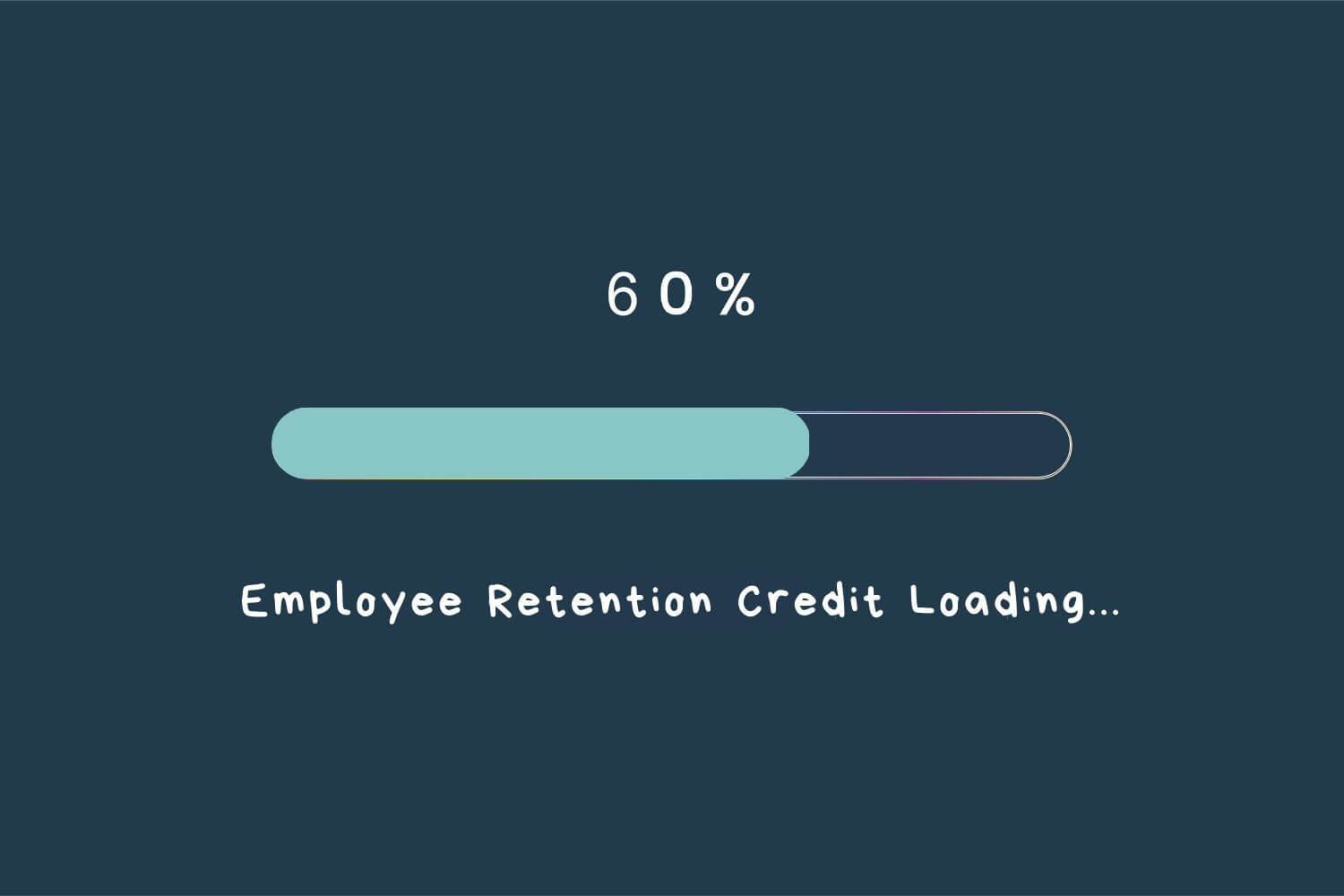Home>Finance>How Long Does It Take The Credit Bureau To Update


Finance
How Long Does It Take The Credit Bureau To Update
Published: March 3, 2024
Learn how long it takes for the credit bureau to update your financial information. Understand the timeline and impact on your credit score.
(Many of the links in this article redirect to a specific reviewed product. Your purchase of these products through affiliate links helps to generate commission for LiveWell, at no extra cost. Learn more)
Table of Contents
Introduction
Understanding the nuances of credit reporting is paramount for anyone seeking to build or maintain a healthy financial profile. When individuals engage in financial transactions, such as applying for a loan or using a credit card, the details of these activities are typically reported to credit bureaus. These bureaus, also known as credit reporting agencies, play a pivotal role in compiling and maintaining credit reports, which are then utilized by lenders, landlords, and even employers to assess an individual's creditworthiness.
The accuracy and timeliness of the information within these credit reports are crucial, as they can significantly impact an individual's financial opportunities. This brings us to the question at hand: How long does it take the credit bureau to update information?
In the following sections, we will delve into the various factors that influence the speed of credit bureau updates, the typical timeframe for these updates, and the importance of ensuring that this information is kept current. Additionally, we will explore strategies to help individuals navigate the process and ensure that their credit reports accurately reflect their financial activities. Understanding these aspects will empower individuals to make informed decisions and take proactive steps to maintain a favorable credit standing.
Factors Affecting Credit Bureau Updates
Several factors can influence the speed at which credit bureaus update the information in an individual’s credit report. Understanding these factors is essential for gaining insight into the complexities of credit reporting and the variables that can impact the timeliness of updates.
- Data Source: The source of the information plays a significant role in determining how quickly it reaches the credit bureau. For instance, data provided directly by a lender may be updated more promptly compared to information obtained from other sources.
- Reporting Practices: The reporting practices of the entities furnishing data to the credit bureaus can affect the speed of updates. Some institutions may report data on a monthly basis, while others may do so more frequently or less regularly, leading to variations in update timelines.
- Verification Processes: Credit bureaus employ verification processes to ensure the accuracy of the information they receive. Delays may occur if there are discrepancies or if additional verification steps are required.
- System Processing: The internal processing systems of both the data furnisher and the credit bureau can impact the speed of updates. Technical issues or bottlenecks within these systems may lead to delays in the transmission and processing of data.
- Dispute Resolution: In cases where consumers dispute certain information on their credit reports, the resolution of these disputes can affect update timelines. Credit bureaus are required to investigate disputed items, and the outcome of these investigations may influence the information that ultimately appears on the report.
By considering these factors, individuals can gain a clearer understanding of the dynamics involved in credit bureau updates. While some elements are beyond their control, awareness of these variables can help individuals manage their expectations regarding the timing of credit report changes.
Timeframe for Credit Bureau Updates
The timeframe for credit bureau updates can vary based on several factors, as discussed earlier. While there is no one-size-fits-all answer to the question of how long it takes for the credit bureau to update information, understanding the general timelines can provide individuals with insights into what to expect.
Typically, credit bureaus strive to update their records as promptly as possible upon receiving new information. However, the process of receiving, verifying, and incorporating data into credit reports involves several steps that can influence the overall timeframe for updates.
For instance, data furnished by lenders or other entities is usually transmitted to the credit bureaus at regular intervals, such as monthly. This means that changes in an individual’s financial behavior, such as making a large credit card payment or taking out a new loan, may not immediately reflect in their credit report. Instead, there may be a lag between the occurrence of the financial activity and its appearance in the credit report, depending on when the data is reported by the relevant institution.
Similarly, the verification and processing steps undertaken by credit bureaus can introduce additional time delays. When discrepancies or disputes arise, the resolution process may further extend the timeframe for updates.
As a result, individuals should anticipate that updates to their credit reports may not be instantaneous and should plan their financial activities with this timeline in mind. It’s important to note that while some changes may take longer to appear in credit reports, negative information, such as missed payments or defaults, can have a relatively swift impact on credit scores once reported.
By understanding these general timeframes, individuals can set realistic expectations regarding the speed of credit bureau updates and make informed decisions about their financial activities.
Importance of Timely Credit Bureau Updates
Timely credit bureau updates play a crucial role in shaping individuals’ financial opportunities and overall creditworthiness. The accuracy and currency of the information contained in credit reports directly impact various aspects of individuals’ lives, making it essential to recognize the significance of prompt updates.
One of the primary reasons why timely credit bureau updates are vital is their influence on credit scores. Credit scores, derived from the information in credit reports, are used by lenders to assess the risk associated with extending credit to individuals. A delay in updating positive financial behaviors, such as timely payments or reduced debt balances, may inadvertently hinder individuals from showcasing their improved credit management habits to potential lenders. Conversely, delayed updates to negative information can prolong the adverse impact on credit scores, potentially limiting individuals’ access to favorable credit terms.
Besides credit scores, timely updates are also critical for individuals seeking to correct inaccuracies or resolve disputes on their credit reports. Inaccurate information, if not promptly rectified, can lead to wrongful denials of credit, higher interest rates, or even implications for employment opportunities. Swift updates enable individuals to address discrepancies and ensure that their credit reports reflect accurate and up-to-date information, safeguarding their financial standing and reputation.
Moreover, individuals who are actively working to rebuild or establish their credit history rely on timely updates to demonstrate their progress. Whether it involves responsibly managing credit accounts, making timely payments, or resolving past delinquencies, these positive changes need to be accurately reflected in credit reports to support individuals’ efforts to strengthen their financial standing.
By recognizing the importance of timely credit bureau updates, individuals can advocate for the prompt and accurate reporting of their financial activities, thereby safeguarding their creditworthiness and enhancing their financial prospects.
How to Ensure Timely Credit Bureau Updates
While individuals may not have direct control over the speed of credit bureau updates, there are proactive steps they can take to help ensure the timely and accurate reporting of their financial activities. By leveraging these strategies, individuals can actively participate in the maintenance of their credit reports and mitigate potential delays in the update process.
- Monitor Accounts Regularly: Keeping a close eye on financial accounts and transactions is essential for promptly identifying any discrepancies or inaccuracies that may need to be addressed. This proactive approach allows individuals to take swift corrective action and can help prevent delayed updates resulting from unnoticed errors.
- Communicate with Creditors: Establishing open communication with creditors and lenders can facilitate the timely reporting of information to credit bureaus. Individuals can inquire about the frequency and timing of their data submissions, potentially influencing when their financial activities are reflected in credit reports.
- Utilize Online Account Management: Many financial institutions offer online account management tools that allow individuals to track their financial activities and statements in real time. By leveraging these resources, individuals can stay informed about their financial status and be better prepared to address any discrepancies that may arise.
- Address Discrepancies Promptly: Upon identifying any discrepancies or inaccuracies in their credit reports, individuals should promptly initiate the dispute resolution process with the credit bureaus. Resolving such issues in a timely manner can help ensure that credit reports accurately reflect individuals’ financial behaviors and circumstances.
- Strive for Consistent Financial Behavior: Maintaining consistent and responsible financial habits, such as making timely payments and managing credit balances prudently, can contribute to a positive credit history. By demonstrating these behaviors consistently, individuals can help ensure that their credit reports accurately portray their creditworthiness.
By proactively engaging with their financial accounts, communicating with creditors, and promptly addressing any discrepancies, individuals can play an active role in promoting the timely and accurate reporting of their financial activities to credit bureaus. These efforts can contribute to the maintenance of up-to-date and reflective credit reports, supporting individuals in their pursuit of favorable credit opportunities and financial well-being.














